The world’s first commercial space walk, performed by billionaire Jared Isaacman and SpaceX engineer Sarah Gillis, tested new technology and was practically flawless.
By Lee Billings
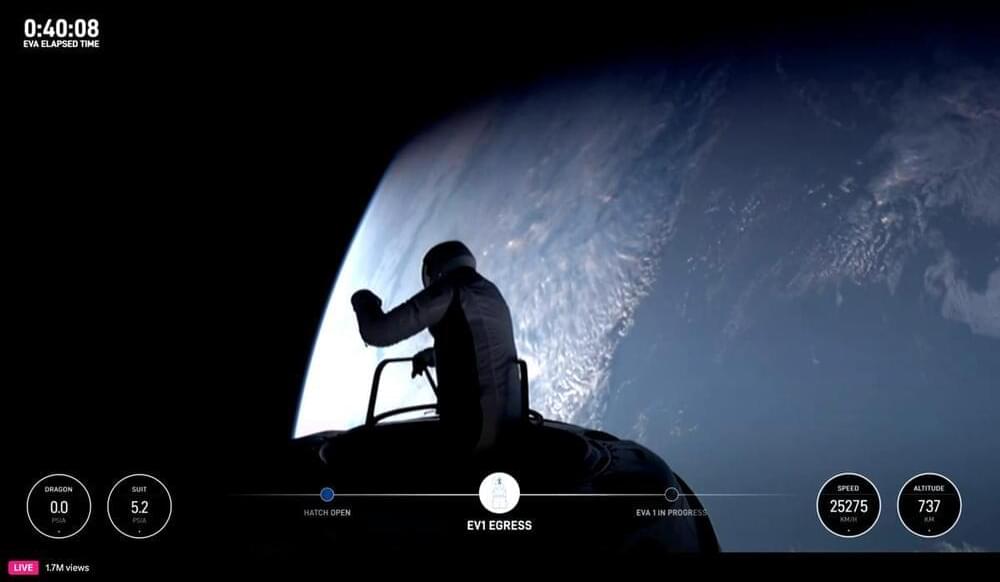
The world’s first commercial space walk, performed by billionaire Jared Isaacman and SpaceX engineer Sarah Gillis, tested new technology and was practically flawless.
By Lee Billings
Live coverage as the Polaris Dawn crew attempt the world’s first commercial spacewalk from the SpaceX Dragon capsule Resilience. The spacewalk is scheduled to begin at 5:58 a.m. EDT (0858 UTC) but the time is subject to change.
Aboard Resilience are mission commander, Jared Isaacman, retired U.S. Air Force pilot, Scott “Kidd” Poteet, and two SpaceX Lead Space Operations Engineers, Anna Menon and Sarah Gillis. Isaacman and Gillis will take turns emerging from the Dragon’s hatch while Poteet and Menon remain inside. The entire spacecraft will be depressurised for the Extravehicular Activity (EVA).
In addition to performing the spacewalk the crew have already flown further from Earth than anyone since the Apollo era.
Commentary will be provided by Will Robinson-Smith.
Videos like this are made possible by the support of our members. Join this channel to get access to perks:
/ @spaceflightnowvideo
NASA’s Valkyrie robot is an intimidating figure. It is currently being put through its paces at the Karda laboratory in Australia so researchers can work out what it would take to get a humanoid robot onto offshore energy facilities or into space. New Scientist‘s James Woodford took the controls to see what the $2 million-plus device is capable of.
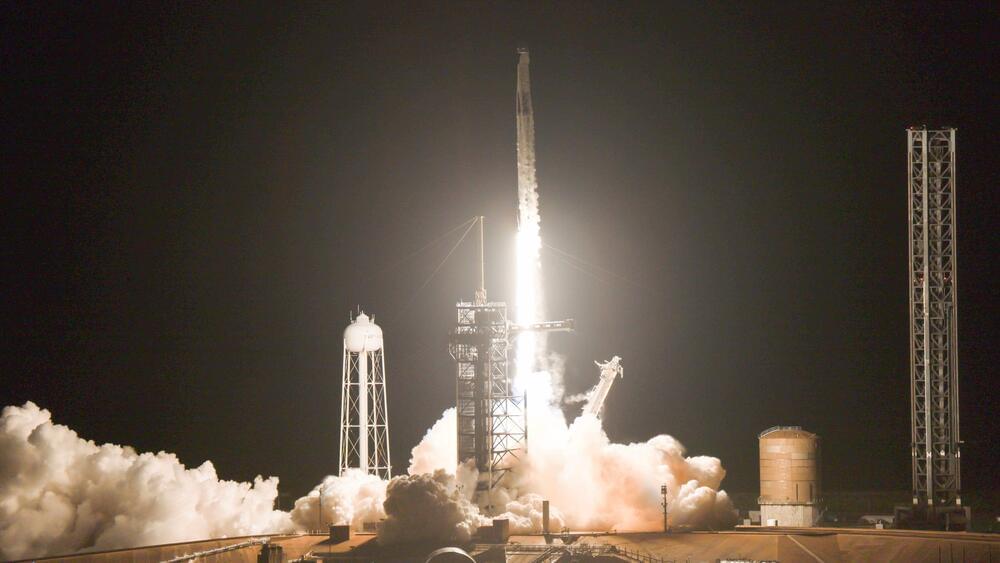
The Polaris Dawn crew were finally able to embark early Tuesday on the thrice-delayed spaceflight, where by Thursday they should attempt to become the first nongovernment astronauts to conduct a spacewalk. In the predawn hours, billionaire entrepreneur Jared Isaacman and his crew boarded a SpaceX Dragon capsule perched atop a Falcon 9 rocket, which lifted off at 5:23 a.m. EDT from NASA’s Kennedy Space Center in Florida.
Ahead for the private astronauts – who spent three weeks in quarantine awaiting the launch – are five days in orbit testing out SpaceX technology that could be crucial for future deep-space exploration.
If you missed the launch, here’s how to rewatch SpaceX’s Polaris Dawn mission get underway.
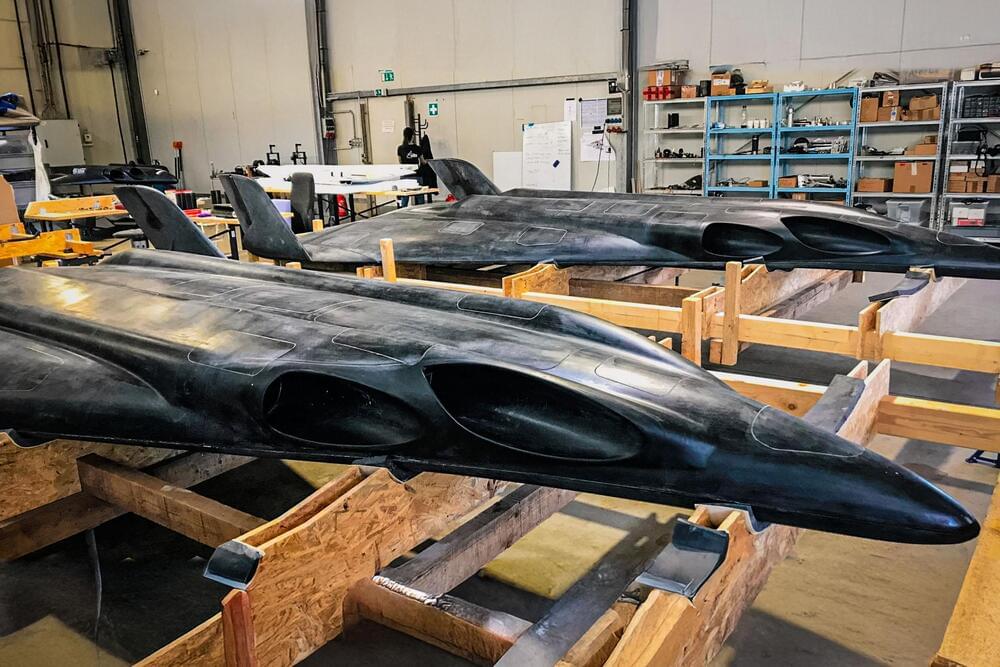
The world’s first flight test for an aerospike rocket engine ended in disaster, but Polaris Aerospace is back on track, preparing to fly two new prototypes for its MIRA supersonic/hypersonic aerospike spaceplane platform within weeks.
Immediately after the MIRA I crashed upon takeoff, Polaris Spaceplanes stated it would be going forward with the MIRA II and III. True to word, Polaris has unveiled two new, yet-to-be-fully completed airframes in a recent LinkedIn post.
The MIRA II and III are identical 16.4 ft (5 m) airframes with 30% more wing area than their predecessor, the MIRA I. Polaris opted to create two identical airframes in order to speed up flight testing as well as have a “reserve” aircraft if need be. “In addition,” writes the team, “the design has been greatly improved compared to MIRA with incorporating all the lessons learnt so far.”
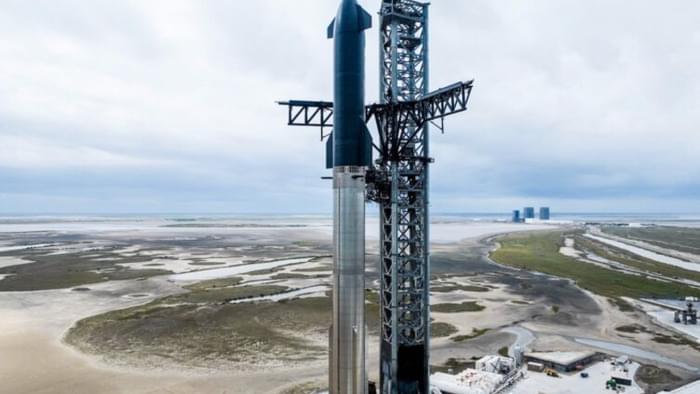

The Biden-Harris administration is blocking the next flight of Starship which is critical for accomplishing the promised Moon landing and later Mars landing. SpaceX has prepared a lengthy document where they detail their endless attempts to be allowed to fly again.
SpaceX designs, manufactures and launches advanced rockets and spacecraft.
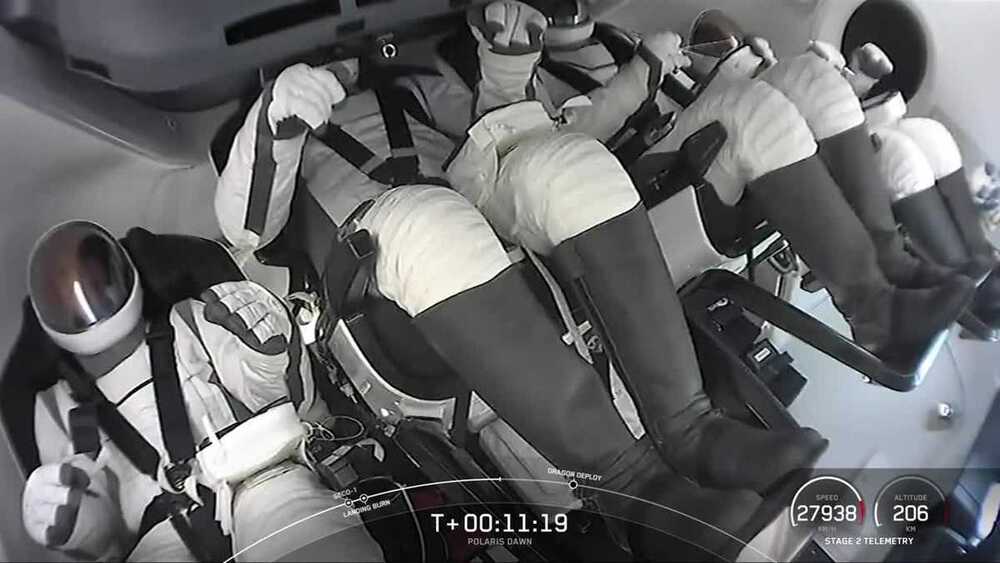
The historic Polaris Dawn mission, which is being piloted by a New Hampshire man, launched at 5:23 a.m. Tuesday after an initial launch for 3:38 a.m. was delayed due to unfavorable weather conditions.
The mission pilot is Scott Poteet, who is from Stratham. He is joined by shuttle commander Jared Isaacman and mission specialists and SpaceX engineers Sarah Gillis and Anna Menon.
Live coverage from NASA’s Kennedy Space Center as the Polaris Dawn crew launches on a mission to perform the world’s first commercial space walk. Liftoff from pad 39A, atop a Falcon 9 rocket, is scheduled for no earlier than Tuesday, September 10, 2024 at 3:38 a.m. EDT (0738 UTC).
Aboard Dragon Resilience are mission commander, Jared Isaacman, retired U.S. Air Force pilot, Scott “Kidd” Poteet, and two SpaceX Lead Space Operations Engineers, Anna Menon and Sarah Gillis. In addition to performing the spacewalk the crew will fly further from Earth than anyone since the Apollo era.
Commentary will be provided by Will Robinson-Smith from the Spaceflight Now news bureau at the Kennedy Space Center Press Site starting about four hours prior to launch.
Videos like this are made possible by the support of our members. Join this channel to get access to perks:
/ @spaceflightnowvideo
